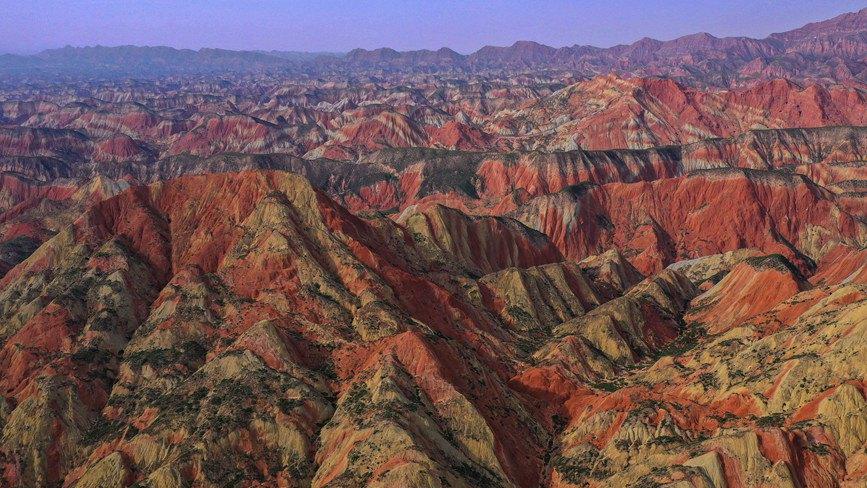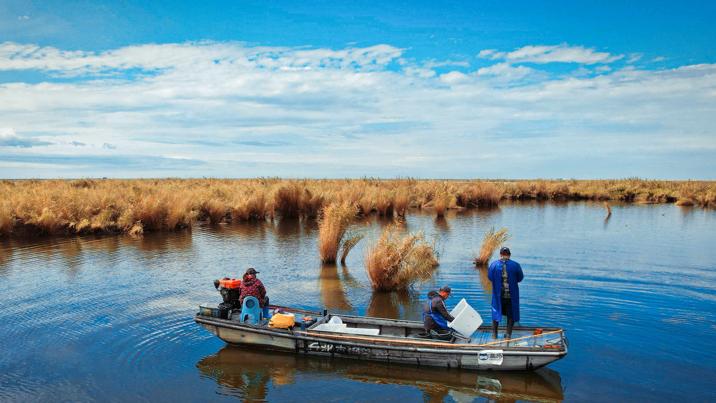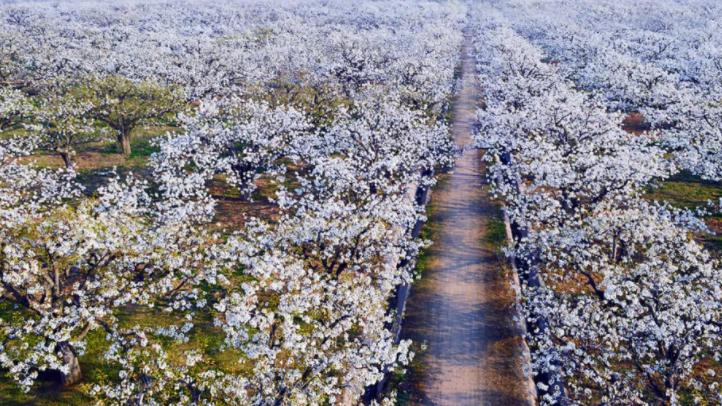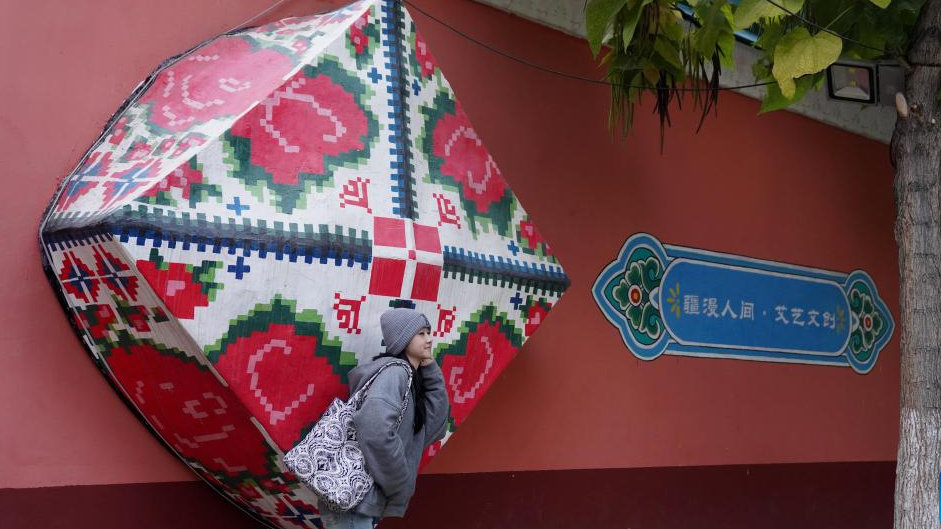Feature: Serbia welcomes growing wave of Chinese tourists
BELGRADE, Oct. 8 (Xinhua) -- With direct flights increasing and travel ties strengthened, Serbia is welcoming a growing wave of Chinese tourists. In response to the surge, the country is upgrading its infrastructure and enhancing services.
Nearly 100,000 Chinese tourists have visited Serbia this year, according to the Tourism Organization of Serbia (TOS). The number rose 72 percent from January to July, signaling a solid post-pandemic recovery.
"TOS expects this year to surpass the record set in 2019," said TOS Director Marija Labovic, adding that Serbia aims to make Chinese visitors among the most frequent international tourists.
According to Labovic, Belgrade remains the top destination for Chinese tourists. Famous landmarks include the Belgrade Fortress, Knez Mihailova Street, and the Nikola Tesla Museum. Many Chinese visitors also enjoy cultural tours, nature activities, spa tourism, and Serbian gastronomy.
The introduction of direct flights between China and Serbia has further fueled this surge in tourism. "With visa-free access, travelers can make quick decisions to visit Serbia," Labovic said, noting that Serbia is investing in infrastructure, improving Chinese-language services, and adding signage at key tourist sites.
Labovic highlighted that the strong cultural ties between Serbia and China foster deeper mutual understanding. To further promote Serbia's attractions, the National Tourism Organization of Serbia plans targeted marketing campaigns in China, using popular social media and travel platforms.
Chen Mei, deputy general manager of the Serbia Youth Travel Agency, shared Labovic's optimism. "With expanded tourism cooperation and more direct flights, traveling to Serbia is becoming easier for Chinese tourists. The country's rich cultural appeal and welcoming environment are major attractions," Chen told Xinhua.
She also highlighted the need for Serbia to continue developing and promoting its tourism offerings while improving service quality to meet the growing needs of Chinese visitors.
"Training staff to ensure top-quality service for Chinese tourists is crucial," she reiterated.
Both Labovic and Chen see Serbia's hosting of EXPO 2027 as a pivotal opportunity to boost the country's international visibility and tourism appeal. "These events will undoubtedly attract more Chinese visitors," Chen said.
Zhang Xiang is a traveler who was inspired to visit Serbia after seeing photos shared by family members working there. "Serbia offers visa-free access for Chinese tourists, which made planning my trip simple," Zhang told Xinhua.
"The natural scenery is breathtaking, and the locals are amiable. Many greet us in Chinese on the streets, and some places even have Chinese signage, making it feel familiar," Zhang said of his first impressions.
In Belgrade, Zhang explored the city's diverse architecture, admiring the rugged charm of Yugoslav-era buildings alongside modern designs. However, he noted that taxi fares were slightly higher than in China and that traffic congestion was an issue.
A highlight of Zhang's trip was traveling to Novi Sad on the new high-speed railway built by China as part of the Belt and Road Initiative. "Buying tickets was easy through automated machines, and the ride took just over half an hour. Although it's not as fast as Chinese high-speed trains, the journey was smooth and comfortable," Zhang said.
Reflecting on his experience in light of Serbia's preparation for an influx of tourists, Zhang added, "If WeChat Pay or Alipay were available here, the travel experience would be even better."
Photos
Related Stories
- China to advance building of China-Serbia community with shared future -- Chinese FM
- China's tire factory begins mass production in Serbia
- China, Serbia agree to further implement consensus on bilateral cooperation
- Serbia, China's Shandong boost economic ties at major Belgrade forum
- China-built expressway brings opportunity, development: Serbian PM
Copyright © 2024 People's Daily Online. All Rights Reserved.









